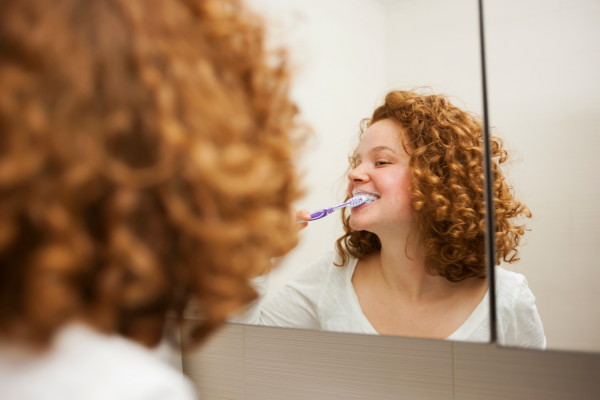
Brushing your teeth is a daily essential, but simple errors can undermine your oral health. As dental professionals emphasize, avoiding these pitfalls ensures cleaner teeth, healthier gums, and fewer trips to the dentist. Here are six mistakes to steer clear of, backed by expert advice.
A frequent oversight is brushing only the tops of your teeth while ignoring the gums. Bacteria thrive along and beneath the gumline, leading to plaque buildup and inflammation. Dentists recommend gently massaging your gums with your toothbrush during brushing to remove plaque effectively and promote gum health.
Read also: 'There are so many bacteria on your toothbrush'
Hard-bristled toothbrushes can erode gums over time, causing recession. Soft-bristled brushes, endorsed by dental associations, clean thoroughly without damage, making them the safer, more effective choice for long-term use.
Clean between teeth daily using floss, interdental brushes, or a water flosser—whichever suits your needs. For wider gaps, try brushes or sticks; for braces or wires, a water flosser shines. Consult your dentist for personalized recommendations, and floss before brushing in the evening for optimal results.
Rushing through brushing leaves bacteria behind. Aim for at least two minutes—far longer than the typical 30 seconds most people manage. Your full routine, including flossing and mouthwash, should take 2-5 minutes. Use a phone timer to build the habit.
Despite myths, fluoride is the proven powerhouse in toothpaste for strengthening enamel and fighting decay. Alternatives like charcoal lack this protection. Used as directed, fluoride toothpaste is safe and essential, with other ingredients mainly enhancing flavor and freshness.
Dentists advise brushing twice daily: after breakfast and before bed. Evening brushing is crucial since saliva flow drops during sleep, leaving your mouth vulnerable. Start the night with a clean mouth to safeguard against overnight damage.